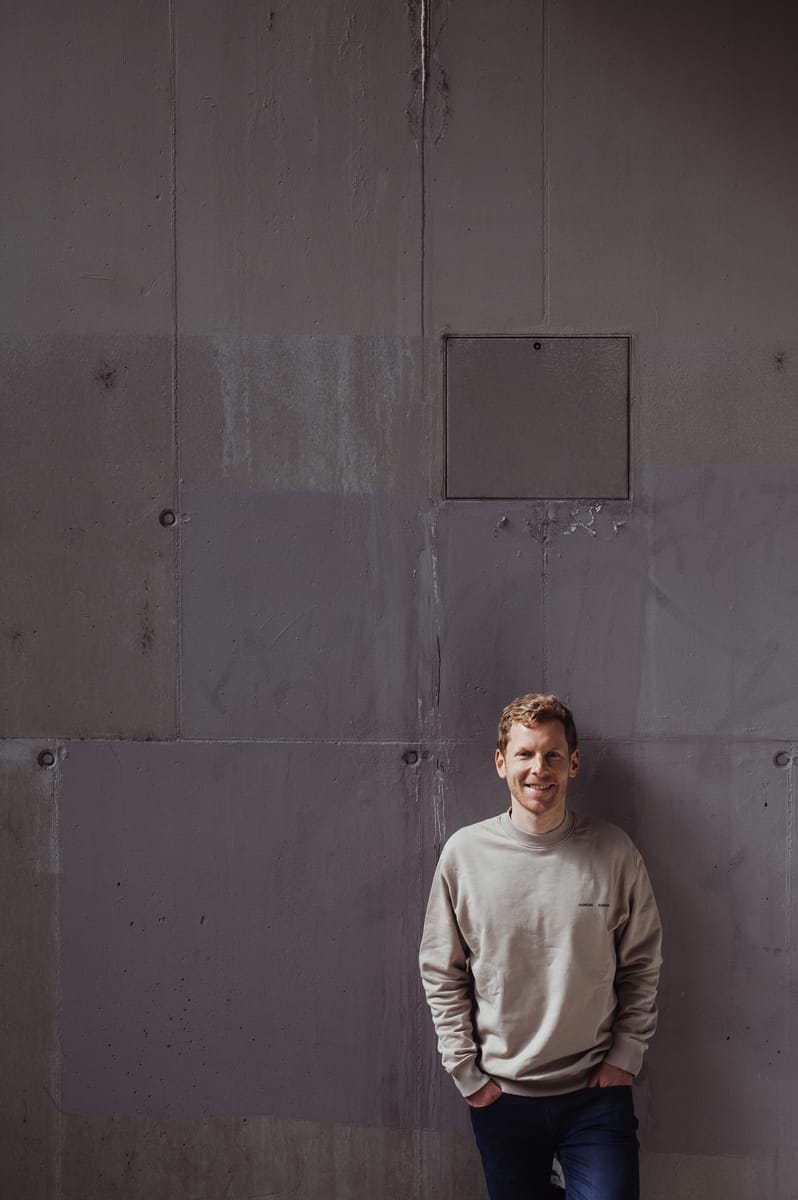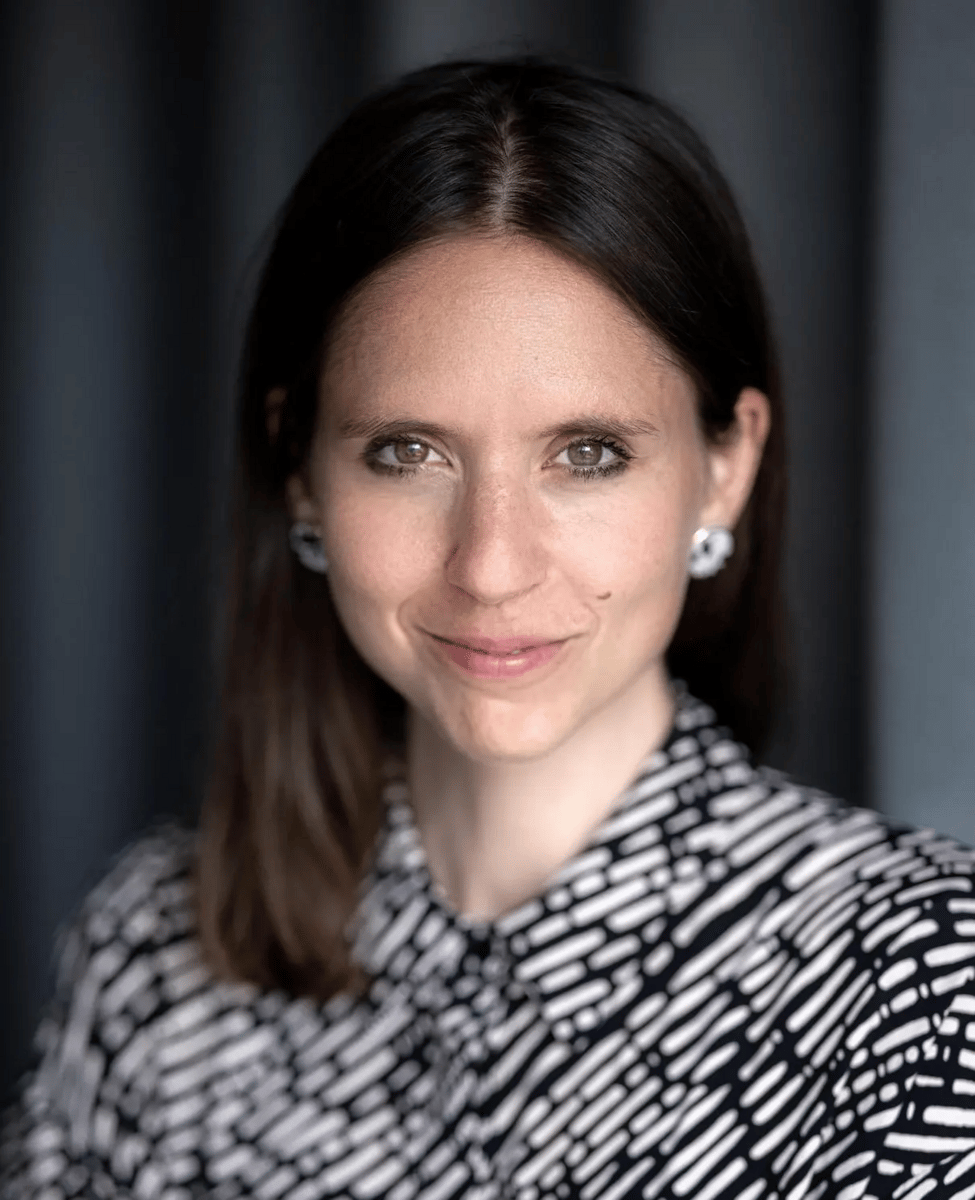Dear hustlers, founders, operators and visionaries,
Victoria’s story begins on an asparagus farm in rural New Zealand, where hard work wasn’t a choice - it was the air you breathed. She learned early that resourcefulness and perseverance could take you places degrees alone couldn’t. Years later, she would carry that scrappy, do-more-with-less ethos into the heart of Silicon Valley, scaling Wildfire from a humble tool to a 400-person powerhouse acquired by Google.
In this conversation, Victoria opens up about building strong cultures under pressure, making tough calls in leadership, co-founding with her partner while raising children, and knowing when it’s time to sell. Exclusively for our newsletter subscribers, Victoria has shared additional insights below.
In the meantime: Follow the Gradient and stay tuned!
PS: Has this e-mail been forwarded to you? Sign up here.
How to build a striving culture for hypergrowth
What you will get out of this episode
In our conversation, Victoria shares:
How to build a culture that scales without losing its core values
How to maintain your edge by doing more with less in a competitive market
Why founders must protect their energy by focusing only on what they can control
How to co-found with your partner without turning your marriage into a boardroom
and much more!
Our main take away’s
Scrappiness can be a competitive advantage: Victoria’s farming upbringing instilled a deep respect for thrift, ingenuity, and hard work. By raising far less capital than competitors, her team stayed innovative, nimble, and in control of the business.
Culture is built through hiring, rewarding, and living your values daily: Wildfire’s culture wasn’t an accident—it came from deliberately screening for scrappy, humble, risk-taking team players and making tough calls when high performers hurt team morale.
Leadership means managing both pressure and perspective: By focusing only on what she could control, Victoria reduced stress in high-stakes moments. Ruthless prioritization and trusting senior leaders allowed her to lead without burning out completely.
Acquisitions require a new shared vision: Selling to Google worked because cultural fit was prioritized. Victoria kept the team aligned by staying visibly optimistic and quickly setting a fresh mission inside the new environment.
Partnerships thrive on trust, complementarity, and boundaries: Co-founding with her husband worked because their skills complemented each other, they compartmentalized disagreements, and they carved out non-work time to preserve their relationship—especially once kids entered the picture.
How to reach out to Victoria
Exclusive from Victoria
What is success for you?
For me, success means leaving the world better than I found it. The greater the positive impact you can create, the greater the success. But true success also means achieving this while living a balanced life — meeting your own goals and being fully present for the people you love.
What books, podcasts, articles inspired you?
The book that has inspired me most is The Almanac of Naval Ravikant. I love it because it’s full of timeless wisdom that applies not only to entrepreneurship and business, but also to life more broadly.
What’s one advice, founders should actually ignore?
“Raise as much money as you can, as early as you can.” That may make sense in highly competitive, capital-intensive industries — but otherwise, I’ve found the opposite can be far more powerful. By raising later and as little as possible in our ventures, we not only kept far larger ownership stakes, but also built leaner, smarter companies. Limited resources pushed us to be scrappy, innovative, and disciplined — hiring only when it truly mattered and solving problems with creativity instead of just capital.
What are habits, activities or rituals that keep you sane (while scaling your business)?
For me, it’s less a habit and more of a mantra — advice my co-founder (and now husband) once gave me: worry only about what you can control. If there’s an issue within the team, that’s worth my energy and attention. But if I’m worrying about the economy or a competitor’s next move, that’s outside my control and a waste of focus. This mindset has helped me conserve energy and stay productive by directing my concern only where it can actually make a difference.
What is one “growth hack” (be it business, health or personal-wise) that has a positive impact on you or the company?
Recently, I added a walking treadmill in front of my desk. Now, whenever I’m in virtual meetings or working on my computer, I can also be walking. It keeps me more alert, helps me fit in daily exercise, and makes me feel like I’m getting two things done at once — working and moving.
What’s something you consciously decided to drop even if it looked good on paper — to protect your mental space or your family?
After selling Wildfire, I had many opportunities to join boards or become a partner at a VC firm. But I made a rule for myself: if the most exciting thing about an opportunity is the press release announcing it, I should walk away. I only want to pursue things that excite me day in and day out — not just because they look impressive to others.
What’s a mistake you made in either company that’s too operational or subtle to usually make it into interviews but that other founders should absolutely avoid?
One mistake I’ve made as a leader is being too quick to jump in with solutions or take the lead in meetings. In an effort to be helpful and a team player, I sometimes didn’t give employees enough space to figure things out or take charge themselves. Over time, I’ve learned that stepping back often empowers people far more than stepping in.
For early-stage founders with very young kids, what’s your advice for staying present at home without neglecting the business?
Beyond getting as much support as you can, I’d say be ruthless about protecting family time. Set specific hours each day — for me, it was pre-dinner through bedtime — when work is completely off-limits. No emails, no messages, ideally not even thinking about work. I also found it helps to build in a short transition ritual before switching from work to home. That could be a quick meditation, a bit of exercise, or simply jotting down the problems still on your mind and promising yourself you’ll handle them later. The hardest moments came when I went straight from work into family time — my kids needed me to be fully present, but my head was still at work. Giving yourself that pause makes all the difference.

Follow the Gradient is a weekly newsletter and podcast by the serial founders Melanie Gabriel & Christian Woese about how to build a business from Europe while staying sane.










